The Draft Law on Construction (amended) was discussed by National Assembly deputies in groups during the working session on the morning of November 6.
Proposing a mechanism to dismantle "time bombs"
Regarding construction surveys, the draft law clearly states five cases that require construction surveys, including: topographic survey; engineering geological and hydrogeological survey; hydrological survey; survey of current status of works and other survey work serving construction investment activities.
Delegate Nguyen Van Tuan ( Bac Ninh ) said that these 5 cases are "incomplete, not comprehensive, and do not meet the requirements of sustainable and effective development in the current context".
Therefore, Mr. Tuan proposed to study and supplement two mandatory survey contents during construction, including: survey of socio- economic factors and survey of supply sources and ability to use raw materials for the project.

National Assembly Delegate of Bac Ninh Province Nguyen Van Tuan (Photo: Hong Phong).
“The addition of socio-economic surveys is an urgent requirement to overcome the situation of many large investment projects being abandoned or causing social conflicts regarding the environment, architecture, and landscape due to not being suitable to the needs, livelihoods, and culture of the community,” the delegate stated.
According to him, this is not a cost-incurring procedure but an effective risk management tool, helping to correctly determine the scale and function of the project, preventing waste of investment capital, especially public investment capital.
In addition, Mr. Tuan believes that legalizing material surveys will solve the problem of optimizing costs and ensuring project feasibility right from the design stage. This survey helps investors take the initiative in supply sources, prices and logistics, avoiding capital increases due to high transportation costs or scarce materials.
Commenting on regulations on demolition of construction works, the draft stipulates that demolition of construction works is carried out in many cases, including "construction works at risk of collapse affecting the community and neighboring works", that is, only handling urgent "risk of collapse" situations.
But in reality, delegate Tuan said that in big cities today, there are many old apartments and old collective houses that have expired, are seriously degraded, and are time bombs but do not have enough legal basis for compulsory demolition if the owners do not agree.
Therefore, he proposed to add the following case: "The construction has expired its design life or the quality inspection conclusion shows that the construction is no longer able to withstand the load and is at risk of collapse but not yet at an emergency level."
This regulation, according to him, aims to create a clear legal corridor so that the government can proactively evacuate people and demolish, ensuring people's safety before a disaster occurs.
People build houses with wrong design, commune level must take responsibility
At the Ho Chi Minh City delegation, delegate Nguyen Thi Yen suggested that if construction works of the people are exempted from construction permits, if there is construction that is not in accordance with the design or regulations (for example, building 4 floors instead of 3 floors), the management responsibility of the commune level must be clarified.
Ms. Yen proposed strong sanctions against units that do not ensure the quality of construction works. Specifically, design consultants must be held responsible or compensated if the design is not guaranteed. Construction contractors must be responsible if the quality is not guaranteed, investors must be responsible if they do not manage and let problems occur. Supervisors must be responsible if they do not supervise the construction works.

National Assembly delegate Nguyen Thi Le speaks at the Ho Chi Minh City delegation (Photo: Hong Phong).
From the reality of difficulties in Ho Chi Minh City as well as many other localities, delegate Nguyen Thi Le pointed out the fact that the fluctuating price of raw materials has caused the stagnation of many projects. Therefore, it is necessary to clearly stipulate the mechanism for adjusting contracts when there are unavoidable fluctuations, limit the situation of prolonged disputes, and at the same time encourage the use of domestic arbitration to resolve disputes in public projects, avoiding the risks of depending on international arbitration.
Frankly stating that the draft law still has many "both lacking and redundant" contents, delegate Nguyen Quang Huan assessed that the current way of writing the law is still "wordy, repetitive and has not really changed in the spirit of creation".
He cited that the list of prohibited acts was very long but did not cover all violations. Instead, the delegate suggested that it should only include a simple prohibition, for example, "it is forbidden to build structures that are not included in the planning."
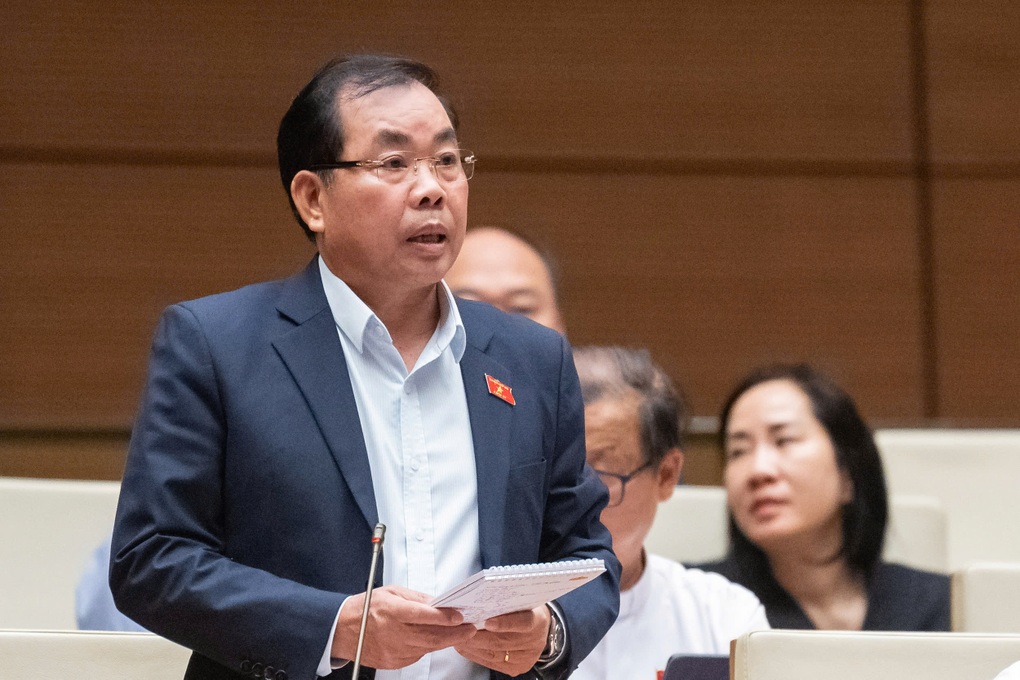
National Assembly Delegate Nguyen Quang Huan (Photo: Hong Phong).
He was also concerned that the bill omitted important content related to the environment and socio-economics. For example, the content of the feasibility report (Article 24) is long but “there is not a single line mentioning the assessment of socio-economics and environment”.
“The draft only provides for environmental protection in construction, but environmental assessment at the construction stage is too late. Environmental options must be included right from the beginning, when preparing investment reports and feasibility plans,” Mr. Huan suggested.
Source: https://dantri.com.vn/thoi-su/nhieu-chung-cu-cu-nhu-bom-no-cham-o-thanh-pho-lon-nhung-khong-the-pha-do-20251106093740685.htm



![[Photo] Closing of the 14th Conference of the 13th Party Central Committee](https://vphoto.vietnam.vn/thumb/1200x675/vietnam/resource/IMAGE/2025/11/06/1762404919012_a1-bnd-5975-5183-jpg.webp)




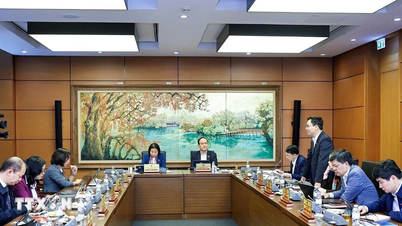



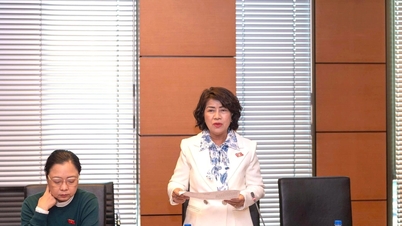

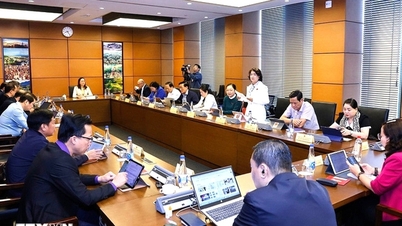





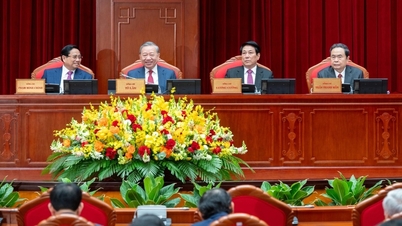
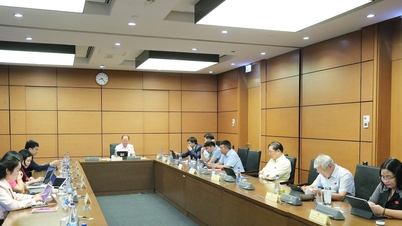

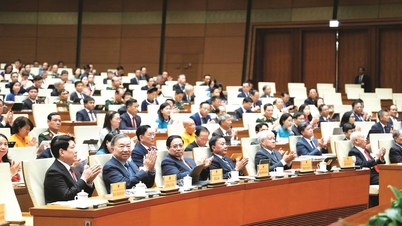
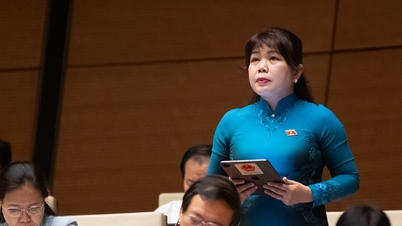
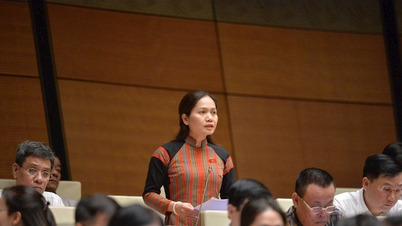

































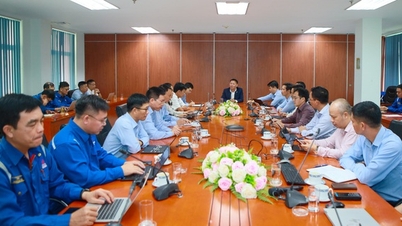
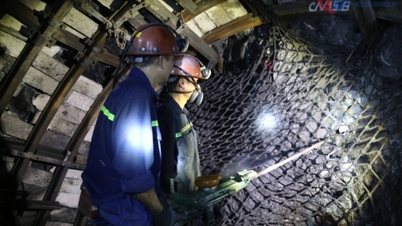

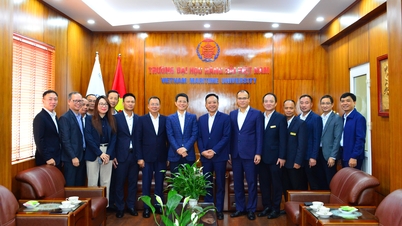
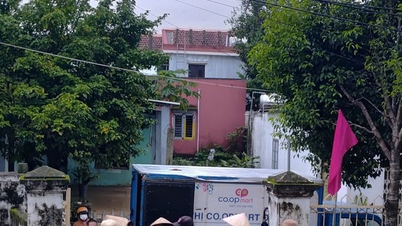















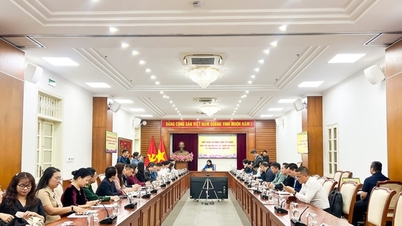




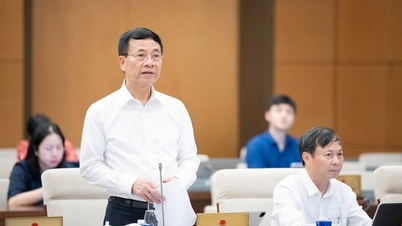



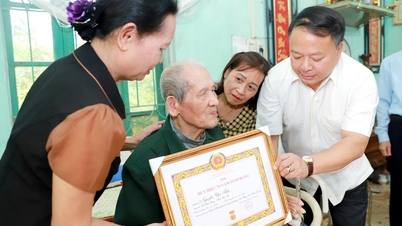



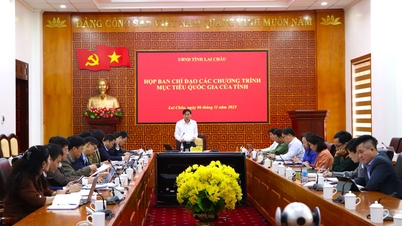
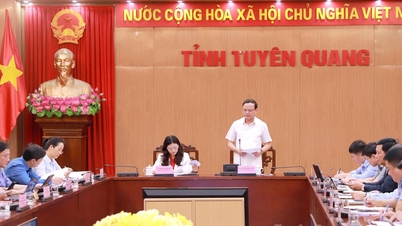


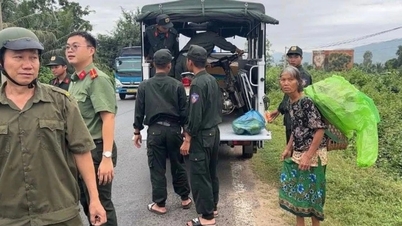









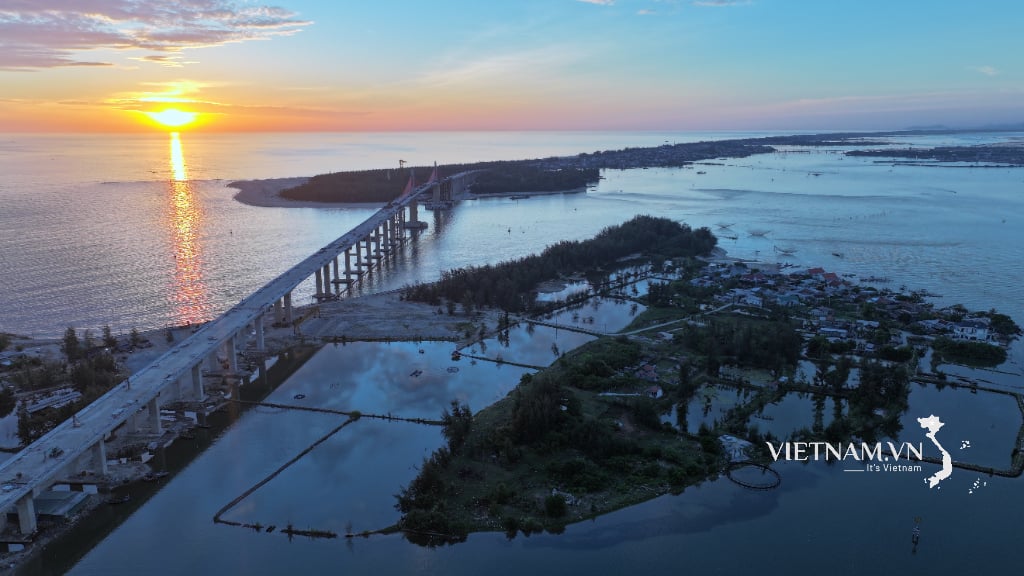



Comment (0)